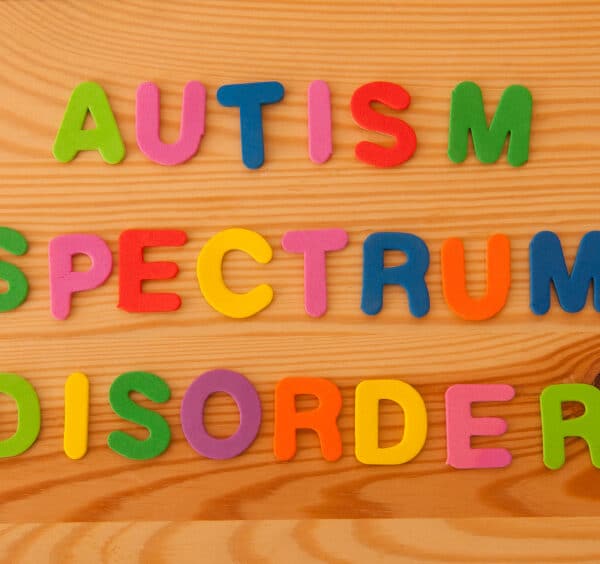
Individuals with ASD may exhibit types of behaviour that affect eating habits and food choices, and may have particular nutritional concerns. These include:
- Limited diet/strong food dislikes/severe food selectivity
- Gastrointestinal issues such as constipation
- Medication Interactions that can lower or increase appetite
- Weight Management
- Underweight due to limited diet or difficulty focusing on completing meals, and/or medications
- Overweight due to limited (energy dense) diet and/or medications and lack of physical activity
A recent systematic review indicated that children with ASD have a higher rate of feeding problems. It also reported a higher number of nutritional deficits, and significantly lower calcium and protein intakes.
During the last few years certain ‘curative’ nutrition therapies for ASD have been advised in the popular media. Whist there may be some indication that diet and nutrition may be helpful, the results of studies looking at diets in ASD are conflicting and not conclusive.
The use of alternative diets has been suggested for symptom improvement, and there is evidence of widespread use. Such diets are typically exclusion diets, particularly casein and gluten free (GFCF) diets.
GFCF diets
Gluten is a type of protein found in wheat, rye and barley. Casein is a protein found in milk. Proponents of the diet ascertain that people with autism have a “leaky gut.” This allows parts of gluten and casein into the bloodstream, which affects the brain and central nervous system, and may lead to autism or magnify its symptoms. However to date, whilst some report relief in symptoms after following a GFCF diet, controlled scientific studies have not substantiated this as a therapeutic dietary intervention, and the “leaky gut” mechanism remains a hypothesis.
Not only is there a lack of evidence to support the use of GFCF diets, but there is also a lack of evidence on potential harm. Exclusion of wheat and dairy may increase the challenge of ensuring adequate nutrition and increase the risk of nutritional deficiencies, for example low calcium intake.
Dietary issues are clearly a concern for carers in ASD, but may be overlooked in relation to other areas of clinical and research concern in the autism population. Good quality research to help guide practice is imperative. In the meantime, anybody considering exclusion diets should consult with a registered dietitian, as many potential nutrient shortfalls can occur when a GFCG diet is self-prescribed. Dietetic support can also be sought to provide tailored, holistic advice and support on achieving a healthy, balanced diet including the use of vitamins and minerals to supplement the diet if needed and advice on dietary approaches to gut problems.






